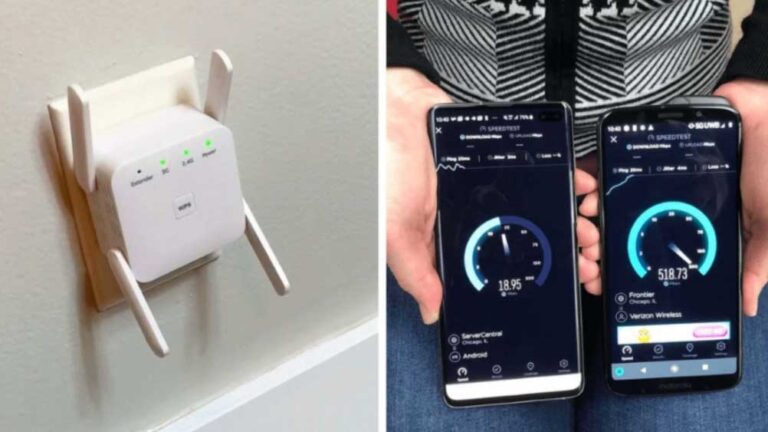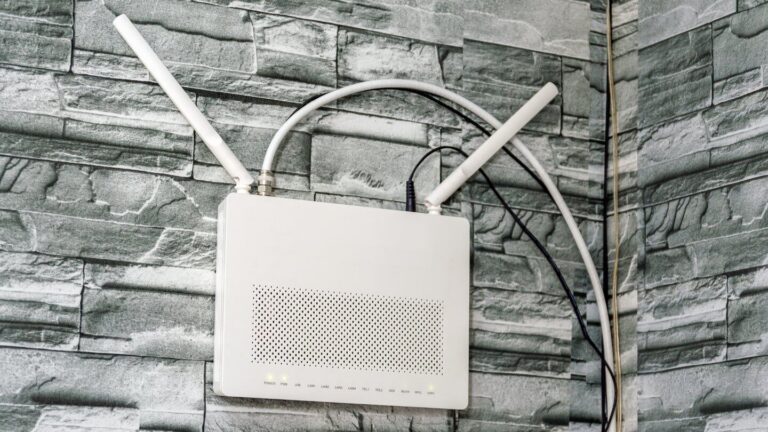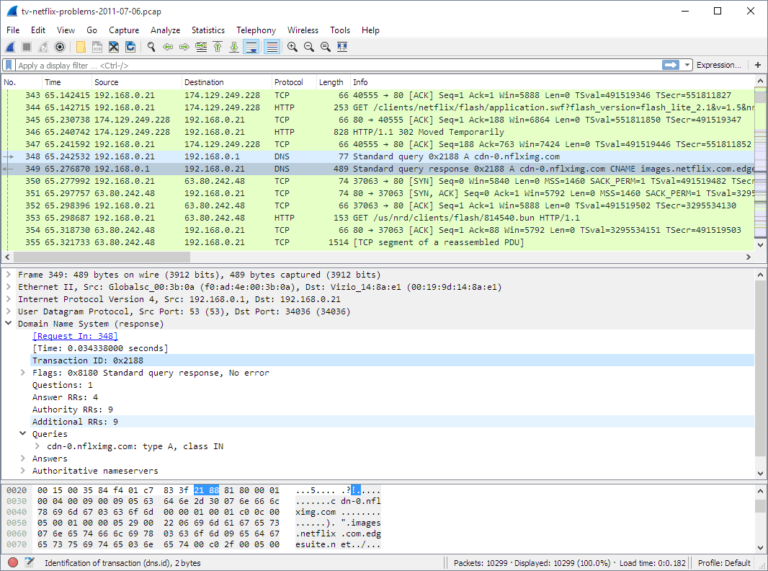Which Is Better Extender Or Booster?
An extender and a booster are two different types of signal boosting devices, both of which are used to extend the range of a wireless network. Extenders are used to extend the range of a wireless router by repeating the signal from the router, while boosters are used to amplify an existing signal in order to increase the range. So which one is better? It really depends on your needs and the environment, but generally, boosters are better for providing a stronger signal in a concentrated area while extenders are better for providing coverage over a larger area. Ultimately, it’s up to you to decide which is better for your particular situation.
What is an Extender and What is a Booster?
An extender and a booster are two different types of technologies used to improve the range and strength of a wireless network. An extender is a device that expands the range of a wireless network by extending the signal. It takes the signal from the router and amplifies it, making it stronger and allowing the signal to travel farther. On the other hand, a booster is a device that amplifies the signal directly from the router and boosts the signal strength. It’s essentially like having an extra antenna on the router, allowing for a stronger and more reliable connection. Both can be used to improve the range and strength of a wireless network, however, an extender is usually better for larger areas, while a booster is better for smaller, more confined areas.
Advantages of an Extender
An extender is a great way to expand the range of your wireless network. By using an extender, you can extend the range of your router, allowing you to access your network from farther away. Extenders can also help improve signal strength, reduce interference, and provide a more reliable connection. In addition, an extender can also be used to extend the coverage area of a single access point, allowing you to create a larger wireless network. With an extender, you can keep your devices connected from greater distances, providing you with a more reliable connection and better network performance.
Advantages of a Booster
A booster is a great way to enhance your cell phone signal and stay connected when you need it most. It can help you stay connected in remote locations, where cell service is limited, or in areas of poor signal reception. With a booster, you can improve the signal strength and enjoy reliable, clear voice and data communication on your cell phone. A booster can also help reduce dropped calls, provide better data speeds, and enhance voice quality. Moreover, it can also reduce the amount of power needed to get a strong signal, helping to extend your battery life. With a booster, you can stay connected to the world no matter where you are.
Disadvantages of an Extender
Extenders are a great way to extend the range of a wireless router, but there are some drawbacks to consider. First, extenders often require additional hardware to be purchased and installed. This can result in a costly installation process. Second, extenders can reduce speed and signal strength, meaning the internet connection you were hoping to improve may not be as good as you expected. Finally, extenders can be easily overwhelmed if there is a lot of wireless activity in the vicinity. Therefore, it’s important to make sure the extender you choose is the right one for your needs.
Disadvantages of a Booster
Booster seats are a great way to keep your child safe in the car, but they also come with some potential disadvantages. Booster seats are designed to raise a child up in order to properly fit them in a seat belt, but this can make it difficult for a child to see out of the car window. Additionally, booster seats can be difficult to install correctly, resulting in an incorrect fit and inadequate protection. Furthermore, booster seats can be bulky and difficult to transport, and can be difficult to fit into smaller vehicles. Finally, in order to ensure a good fit, a booster seat needs to be replaced regularly as a child grows, making it a potentially expensive option.
Comparing the Benefits of an Extender and a Booster
A WiFi extender and a WiFi booster are two great ways to increase your WiFi range, but which one is right for you? Comparing the two can help you decide. A WiFi extender establishes a new connection to your router, boosting overall signal strength and allowing you to access the Internet from a greater distance. A WiFi booster, on the other hand, amplifies the existing signal, providing you with a stronger connection up to a certain point. Both are great options for increasing WiFi range, but depending on your needs, one might be better than the other.
FAQs About the Which Is Better Extender Or Booster?
Q1: What is the difference between an extender and a booster?
A1: An extender is a device that takes an existing WiFi signal and repeats it to extend the range of the network. A booster is a device that amplifies an existing WiFi signal to improve the speed and performance of the network.
Q2: Why is an extender or booster better than a wireless router?
A2: An extender or booster can help to extend the range of an existing WiFi network without needing to install a new wireless router. It can also improve the speed and performance of the existing network.
Q3: What factors should I consider when choosing between an extender and a booster?
A3: The main factors to consider when choosing between an extender and a booster are the size of your home, the number of devices that will be connecting to the network, and the type of activities that will be performed on the network. You should also consider the cost and compatibility of the device.
Conclusion
In conclusion, it is ultimately up to the individual to decide which is better for them: an extender or a booster. Both options can help to improve your home network, depending on the specific needs of your home network. Extenders are typically more affordable and may be a better choice for small networks, while boosters are more powerful and may be a better choice for larger networks. Ultimately, the best option for you will depend on the specific needs of your home network.



